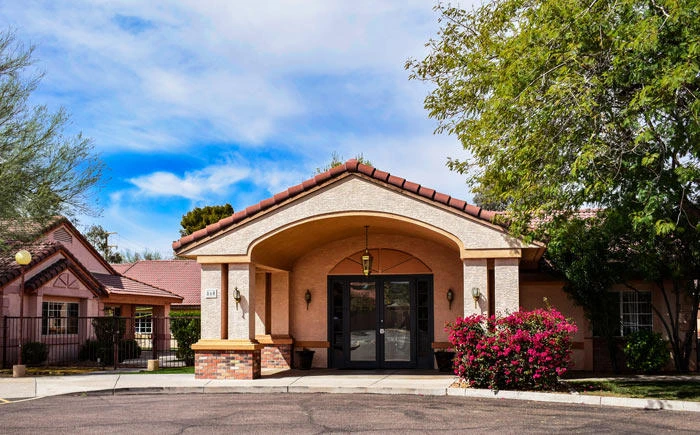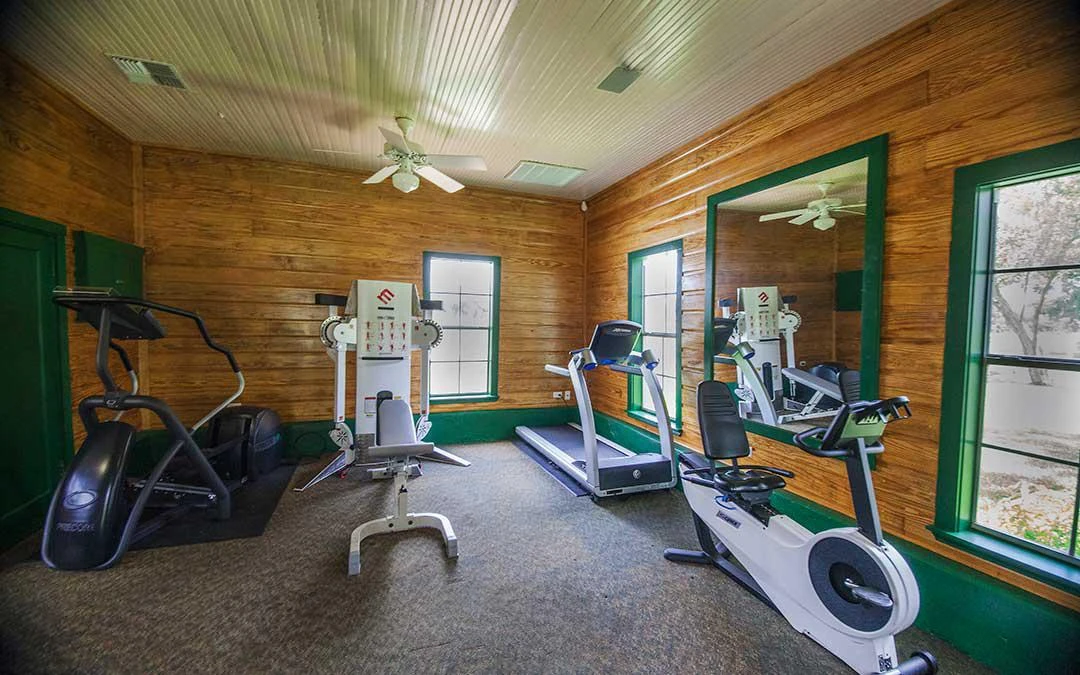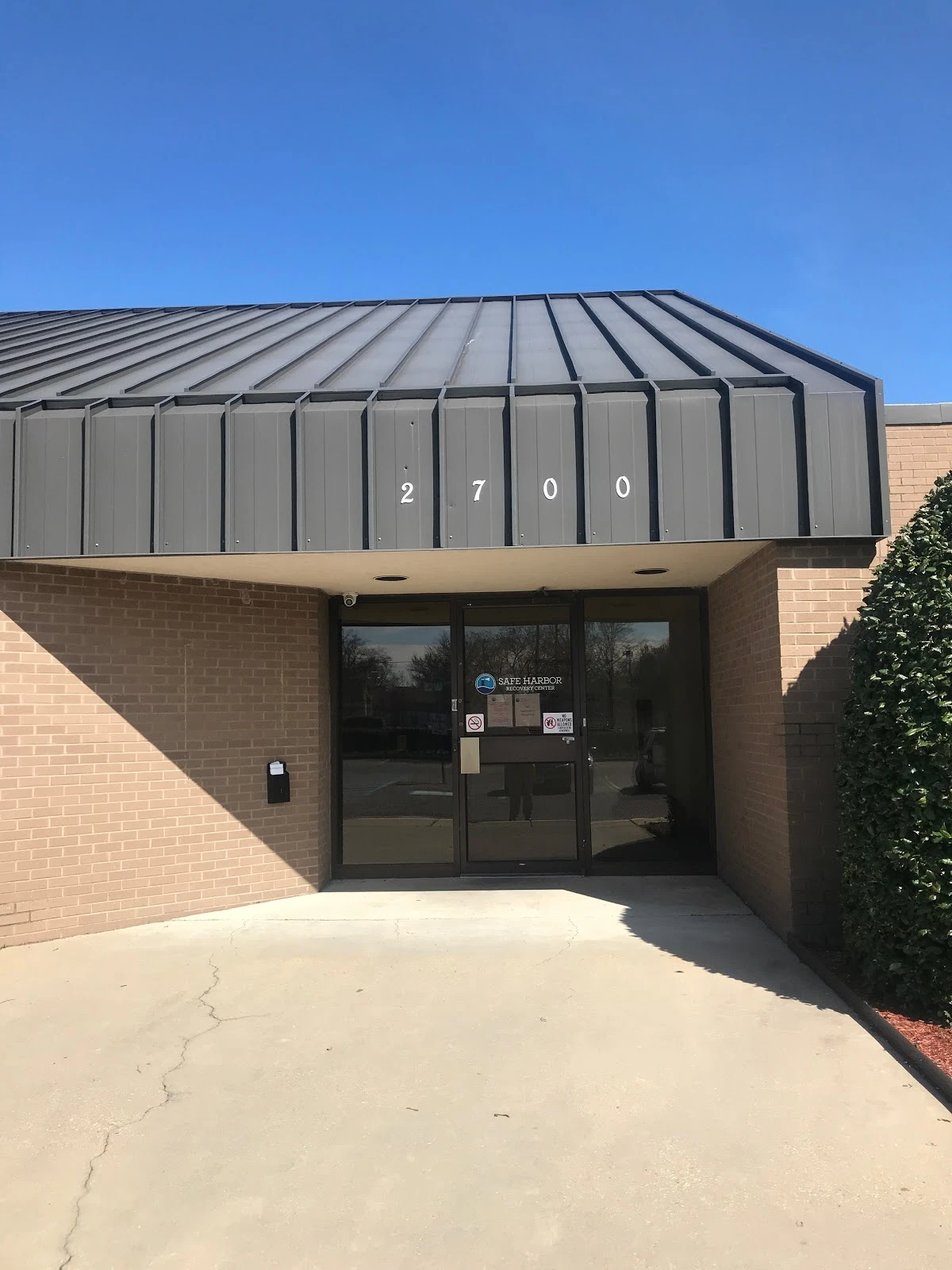Waypoint Recovery Center, located in Cameron, South Carolina, is a serene and rustic drug and alcohol rehabilitation facility set on 58 acres of picturesque land. This private facility offers luxury amenities, providing a comfortable and supportive environment for clients during their recovery journey. Notably, clients do not require a referral for acceptance into the program, allowing for more accessible entry into the comprehensive care offered at Waypoint Recovery Center.
Inpatient care at Waypoint Recovery Center typically begins with medical detoxification, a critical process that rids the body of toxic substances. Detoxification is essential for eliminating cravings that could disrupt and hinder the subsequent treatment program. This process is overseen by a dedicated medical team that supports clients in managing the challenges of withdrawal.
Detoxification is not a one-size-fits-all process; its duration varies among clients based on several factors, including their substance abuse history. A comprehensive assessment is conducted to determine the appropriate length of stay and the frequency of medication administration. While most clients can expect an average stay of around ten days, this may vary to best suit individual needs.
Waypoint Recovery Center ensures that each client receives personalized care throughout the detoxification process, laying a solid foundation for their recovery journey.
Clients in the residential care program at Waypoint Recovery Center live in the facility under 24-hour monitoring by the dedicated staff and their care team. Treatments are rooted in a variety of therapeutic activities, including 12-step programs, relapse prevention education, recovery skill training, and community involvement. The overarching goal of therapy is to understand the root causes of a client's addictive behaviors and to equip them with the coping skills necessary to avoid future substance abuse.
Waypoint Recovery Center also offers experiential therapy services. This approach focuses on healing through holistic physical activities, demonstrating to clients that they can engage with the world and find enjoyment without the use of drugs or alcohol. Examples of experiential therapy include art, music, meditation, outdoor activities, and equine-assisted therapy.
By integrating these diverse therapeutic methods, Waypoint Recovery Center provides a comprehensive and supportive environment for clients to achieve lasting recovery.
The Intensive Outpatient Program (IOP) at Waypoint Recovery Center is designed for individuals whose symptoms do not necessitate close monitoring by staff. It also serves as a transitional program for those who have completed the inpatient program, providing a continuum of care.
IOP emphasizes both individual and group therapy, with clients attending sessions at the facility for several hours each day throughout the week. Additionally, the program includes a family therapy component, recognizing the crucial role that family support plays in the recovery process.
This structure allows clients to receive comprehensive therapeutic support while gradually reintegrating into their daily lives, fostering long-term recovery and stability.














